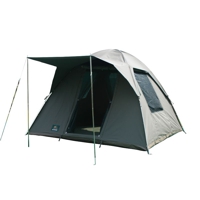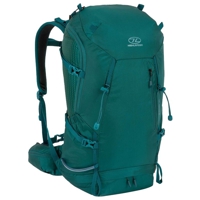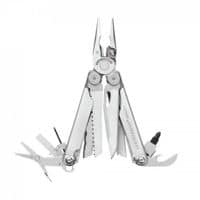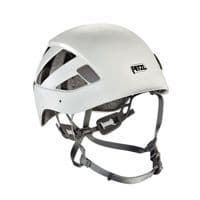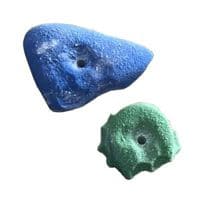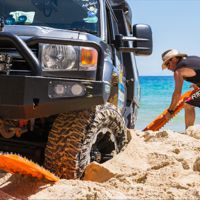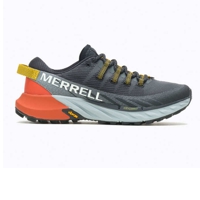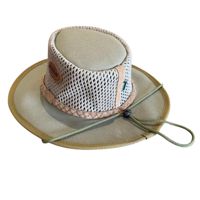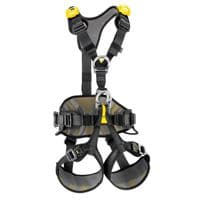Blog
Health & Safety Products That Are A MUST For Any Camping Trip
Camping in South Africa is very common practice and it is a great way to get outdoors, enjoy the beautiful nature that we have to offer and a perfect way to relax and enjoy the company of friends and family. But with being outdoors and visiting various camping sites comes the need for added health and safety practices.
Potential Dangers While Camping
Camping is fun and ideally you do not want to be worrying about things while you are getting your much needed rest and relaxation, but the truth is that being in the great outdoors can come with various dangers and hazards. When you are camping with kids, you need to be more prepared than ever, as we all know kids like wandering into forbidden places, climbing on objects and touching interesting looking things that could potentially be dangerous.

These are some of the most common health and safety issues you may face while camping in South Africa (or anywhere really):
- Insect bites – Although these are not always poisonous or deadly, they can be painful, itchy and just not fun. Make sure you have the right ointments and disinfectants in your medical kit to clean the wound and keep it from itching or doing more damage. Some people may have a more severe allergic reaction to certain insect bites such as a bee sting.
- Snake bites – Snake bites are more dangerous as you never know if the snake venom is deadly or not, so making sure you have a way to contact medical services in the case of a snake bite is important. Snakes are very clever at hiding and can come out to play, when you least expect it.
- Unsafe water consumption – Swimming in any body of water often comes with accidental drinking of the water. We are currently facing E.coli problems in certain places in South Africa, which may lead to diarrhea and vomiting. If you are camping in very remote areas and run out of stored water, you may need to use nearby natural water sources. So if you happen to drink some contaminated water you need to ensure you have medication to deal with stomach upset, vomiting and nausea.
- Heatstroke – Summer temperatures can get very hot in South Africa and getting heat stroke is more common than you think. It’s important to drink enough fluids when spending time outdoors, and possibly adding electrolytes when doing activities in the hot outdoor sun. Having a cooling system such as a camping fan can be very beneficial if you are camping in extreme heat. Heatstroke can be fatal, so rather stay cool and hydrated.
- Cuts and scratches – Hiking and milling around a campsite often results in some kind of scratch, graze or sometimes worse. For this reason you want to make sure you have bandages, plasters, disinfectants and something to use to clean the wound like cotton wool.
- Broken bones – One can easily trip over branches or rocks when camping in rough terrains. Never mind walking through a campsite at night, where you can see clearly. In the case of a fall injury it would be best to contact emergency services, but there are things you can do to make the person manage the pain in the meantime like ice packs, and bandages to keep the hurt area in place.
- Injuries due to rusty metals – People often leave tools lying around a campsite and stepping into a rusty metal or getting caught on unsafe structures are a possibility. If you enjoy fishing while camping, the chances of your fingers being caught in a fish hook is big. Disinfectant and bandages is imperative for this kind of injury
- Food poisoning – When camping outdoors you don’t have the normal equipment you have at home. This means that food could easily spoil in the heat without you even knowing. Food poisoning can happen when food is not stored correctly. Ensuring you have enough cooler space for uncooked and cooked food is essential. Medications that can help with stomach issues, vomiting and nausea is key. You can also get activated charcoal to remove the poison from the body.
- Burns – Some sunshine and rain, South Africans love bonding around a fire. Burns can happen easily when the wind is unpredictable or if equipment is faulty. Having gauze, burn treatment and bandages will help in the case of a small burn to a small area of the body, but for more extreme burns, you will need medical assistance.

What to do in a crisis situation while camping
Though a medical emergency is something no one wants to face on a camping trip, the reality is that it may happen. It’s best to be prepared with the right safety equipment, so that a small injury doesn’t end your camping trip, sending you home. It’s often difficult to access proper medical care while so far from home, and camping in a remote location means you’re likely too far out of range to manage a call for help. Having the proper knowledge of first aid and an understanding of the risks involved with your specific trip can be helpful if you need to resolve an emergency while camping.
Tips for dealing with an emergency situation while camping includes:
- Make sure you have your mobile phone and charger
- Have a basic understanding of first aid training
- Know what is in your first aid kit and what to use in each situation
- If a medical emergency arises, stay calm, contact someone for help and treat the person as best you can with the tools you have.
- Always carry your first aid kit with you (whether you are staying at the camp or going hiking, have it accessible always)
- Keep the person hydrated
- If there is a fire, close all openings of your caravan, tent and so forth to keep the smoke out.
- Be knowledgeable about the area you are going to, understanding which dangerous creatures you may come across and how best to identify them.
- If you are camping in a remote location, or hiking alone, check in with family and friends so that they know your location in case they need to contact emergency services on your behalf.
- Teach kids to identify dangers so that they stay away from potential threats.
The most important thing is that if/when an emergency takes place while you are camping remotely you should stay calm and keep the other person calm too. Do not second guess yourself and use your skills and knowledge to help them as best you can until the relevant assistance arrives. In the case of insect bites and smaller injuries, often you can take care of that alone and all is well.

What should you have in your medical kit?
As mentioned before, having a first aid kit with you at all times while camping or hiking is imperative to avoid or at least treat any injuries or situations that might arise. But what should you have in your first aid kit? Here is a list of some of the health and safety items we sell at Camp and Climb that could be helpful to have as part of your survival kit:
- Bug and insect repellant
- Water treatment liquid or tablets
- Mosquito nets
- Hand sanitiser
- Sunscreen
- Cooling Towel
- Thermal Blanket
- You can also get a survival kit – all in one item that comes in two sizes.
Additional items you will want to have in your kit include:
- Gauze
- Disinfectant
- Cotton wool
- Bandages
- Plasters
- Firestarting items in case of extreme cold conditions
- Emergency lighting source
- Survival blankets and bags
Although most of these health hazards happen accidentally, there are ways to avoid some of them. For instance if you are allergic to bees, probably best to stay as far away as possible. Eat food only you have prepared or brought with to ensure food poisoning is not going to take over. Burns, it really is about being careful and aware of your surroundings. Either way, having a medical box that has the right tools inside is important. Also, knowing what to do in a crisis situation (such as a broken bone and medical services are miles away) can be very helpful.
The key is making sure you have the basics in your medical kit, you have an idea of nearest hospitals or emergency services in the surrounding area and as far as possible, try to know where the safest water sources are, what animals and insects are common and how to avoid injury and illness as far as possible.

